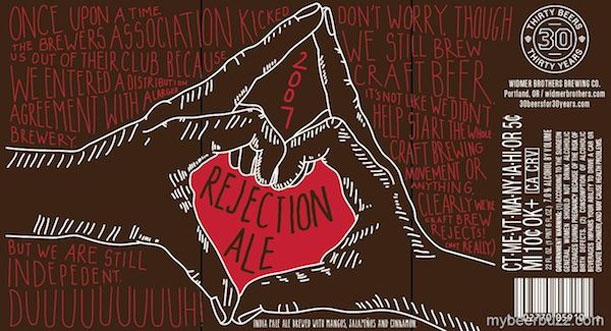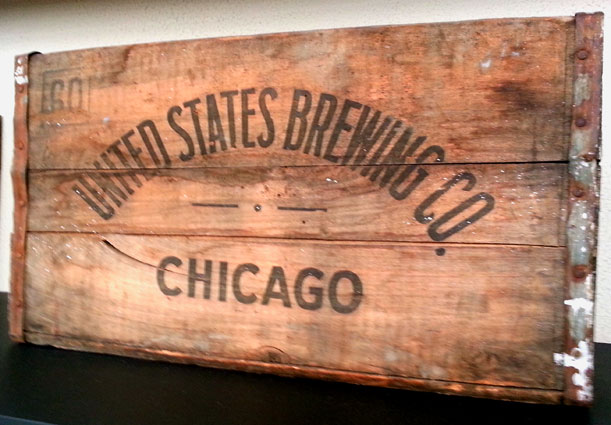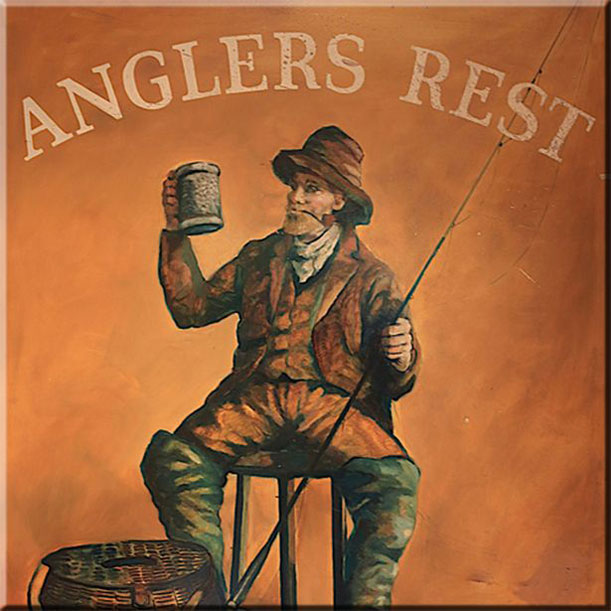MONDAY BEER LINKS, MUSING 08.25.14

Of Pints and Prices. Oliver Gray examines the dollars and cents in the price of a pint of beer. The numbers will vary, and I don’t see packaging and marketing costs in there, but he assembles a perfect graphic reminder that there’s more to making a beer than the ingredients. And practically speaking, look at the cost of hops in a pint: 6 cents. There’s been some saber rattling of late, suggesting that higher hop prices will drive up the cost of beer. Even if they doubled, and they won’t, that doesn’t add much to production cost, does it?
[via Literature & Libation]
Kentucky hops farmers are tapping into the craft beer market. Speaking of hops . . . I don’t mean to come off as a curmudgeon when discussing efforts to revive hop growing outside the Northwest (yes, even Kentucky farmers once grew hops; “five or six bales” in 1873). I’m more optimistic about the future of local hops than I was a couple of years ago. But the fact is that farmers closer to the equator (like in Kentucky and North Carolina) have additional disadvantages — hops may grow there but the yields will be lower. One reason I’m more optimistic is meeting farmers who understand what they are up against and have adjusted accordingly. I’m not impressed to read about a farmer who has planted an acre of hops and there is a suggestion he could be harvesting 6,000 pounds before long. That would be a world record, by a lot.
[Via Lexington Herald-Leader]
The world on your sofa. Home drinking.
[Via Boak Bailey’s Beer Blog]
Mexican microbreweries confront beer giants. Confront might seem like a strong word, but consider this: “It took three and a half years but last year they ruled that Modelo and Cuauhtemoc-Moctezuma could no longer exclude craft beers from bars and restaurants.”
[Via Aljazerra]
Does ‘craft’ really matter? The comments following what DRAFT beer editor Chris Staten has to say about Widmer Brothers Rejection Ale (the label at the top, via mybeerbuzz.com) and this screed, “DRAFT magazine does craft beer huge disservice with “Does ‘craft’ really matter,” illustrate how emotional some people still get about “craft versus crafty.” I’m in the midst of researching a related story for a print article, and left to wonder if what in the interest of brevity we’ll call “craft beer” has grown large enough that in some instances we’re talking about “beer trees in a craft forest,” or if it is still small enough that “craft trees in a beer forest” is more appropriate.

